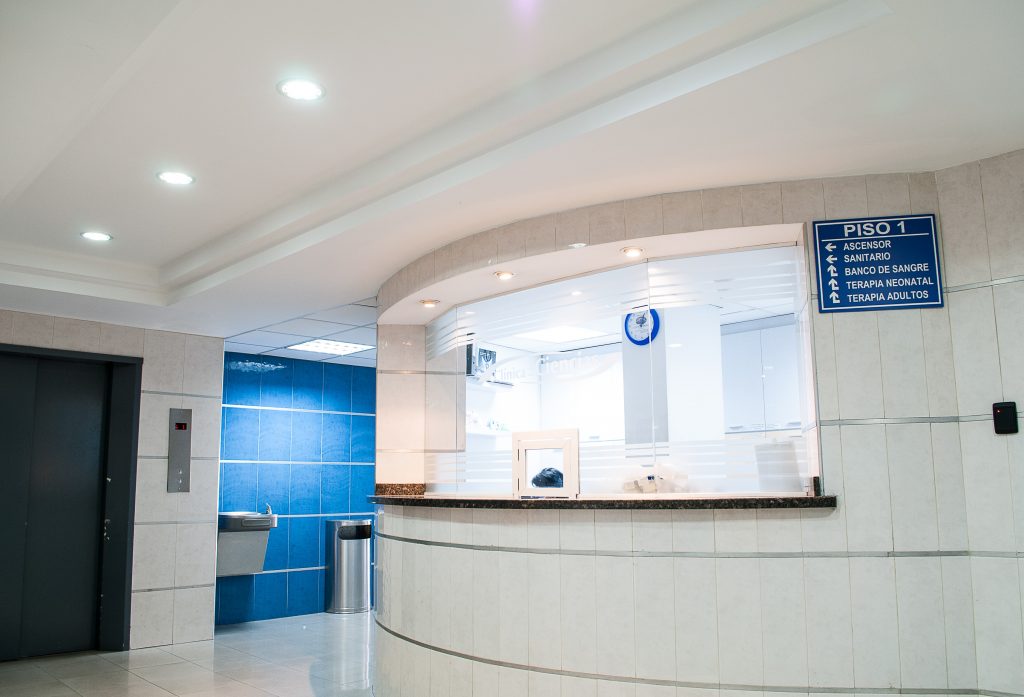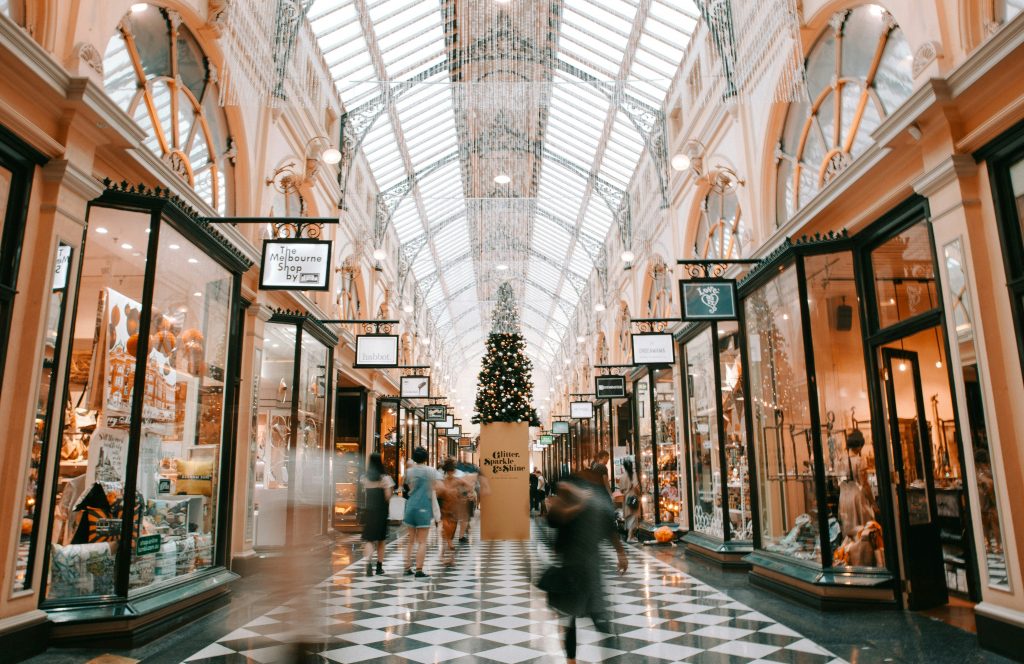Clearly, when organising an event you have to consider event security. After all, there’s a lot more to it than simply dotting the venue with burly looking guys. Instead, the process can be quite complex, but get it right and you’ll ensure the complete safety of staff and guests. Get it wrong and you could be talked about for years to come, for all the wrong reasons, as well as having serious legal, financial, and PR implications. So without further ado, let’s take a look at what you need to know.
Know your venue
The first thing you’ll need is a good working knowledge of your venue, both inside and out. You’ll need to pass this information on to your security team. Consider points like:
- The ease of entry and exit
- Potential hazards located within the venue
- If it’s outside, where your boundaries start and finish.
Top tip: Why not create a scaled diagram of the venue complete with the information above. This way it can easily be shared with the team
Gauge the type of attendee
Naturally, the type of event you hold will primarily dictate the type of attendee within reason, but clearly, it isn’t feasible to check the background of every ticket buyer. However, you can still identify risks. If for example a guest speaker or act has a history of being controversial, it may increase the risks of attendees who are simply after the confrontation. For this reason, be suspicious of guests who are looking to buy tickets in bulk. There’s a good chance that they may be organising a protest. Conversely, if you’re holding a rock concert, then you may want to consider limiting the sale of alcohol.
Deploy a trusted method of crowd control
Let’s face it, the larger your crowd, the more potential there is for something to go wrong. Staff should be experienced in managing large numbers of people and exercising authority when needs be. In addition keep an eye out for potential bottlenecks, especially when moving into and out of the venue and always ensure there are sufficient entry points so that excessive queues don’t build up. Ensure lots of signage signalling stage areas and entry/exit points so people know where to go.
Don’t forget the potential for large-scale attacks
It’s unfortunate that this needs to be mentioned at all, but it’s a sign of the times we now live in. Large crowds can be a soft and easy target for anyone carrying a weapon or explosive device. As a result it’s wise to carry out bag inspections. Ensure this is communicated to all potential attendees ahead of time and don’t forget to include a list of contraband items. This should include all weapons and drugs, but also things like chemical material. In addition to managing bag checks, security personnel should also be monitoring areas around entrances to keep a lookout for anyone acting suspiciously.
Ensure good communication
Ensure communication is easy for staff and security members. Equip them with a two-way radio so that they can easily communicate any problems or issues up the chain of command. If you hire a professional security team, ensure they liaise and communicate with your existing staff and vice versa. Remember the tighter the communication, the easier it is to control and monitor crowd behaviour.
So there you have it. Whether it’s your first big event, or you’re an old hand, if you follow these 5 key points, you’ll have a well-organized and safe event, ensuring that everyone leaves happy.



